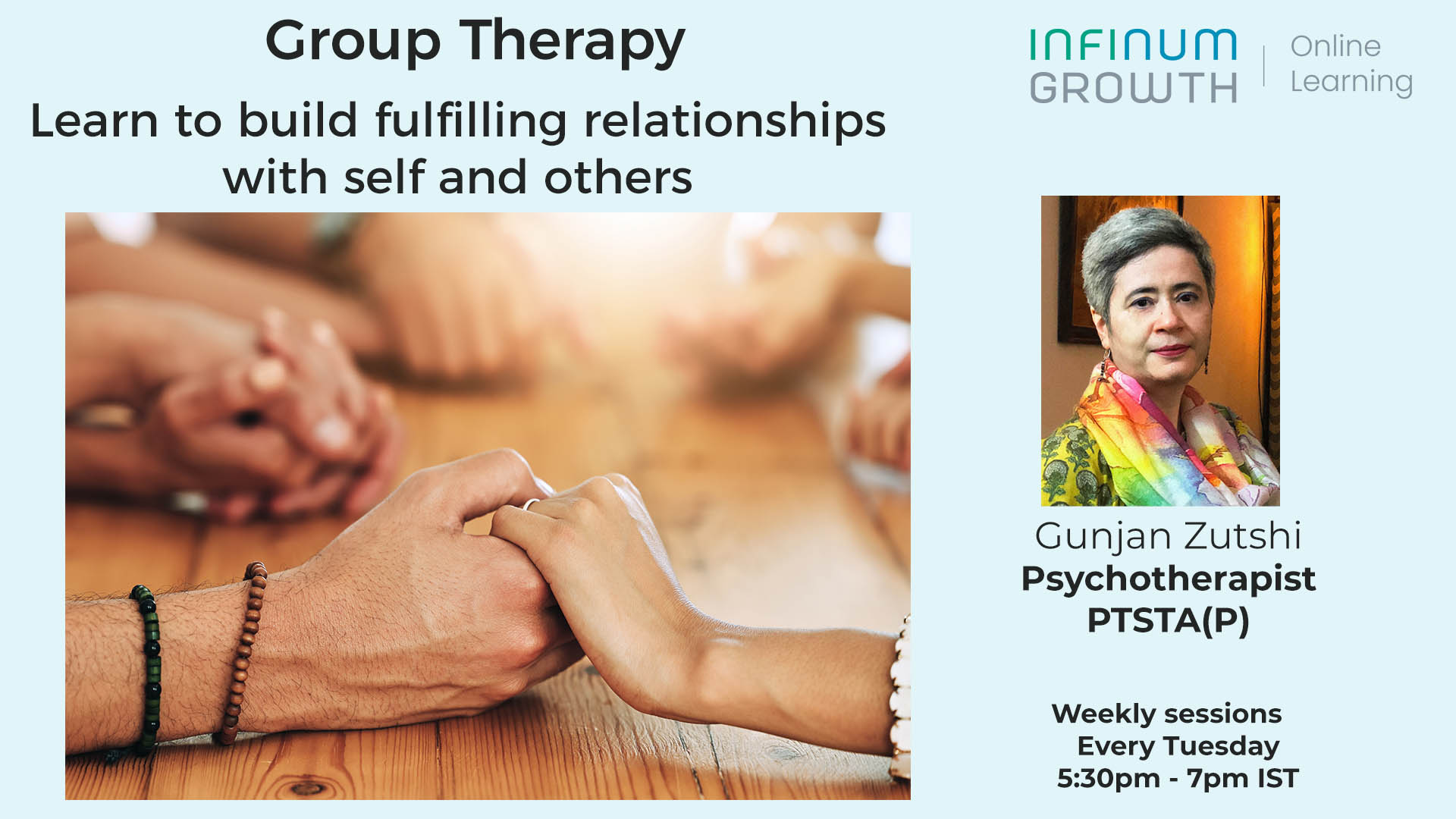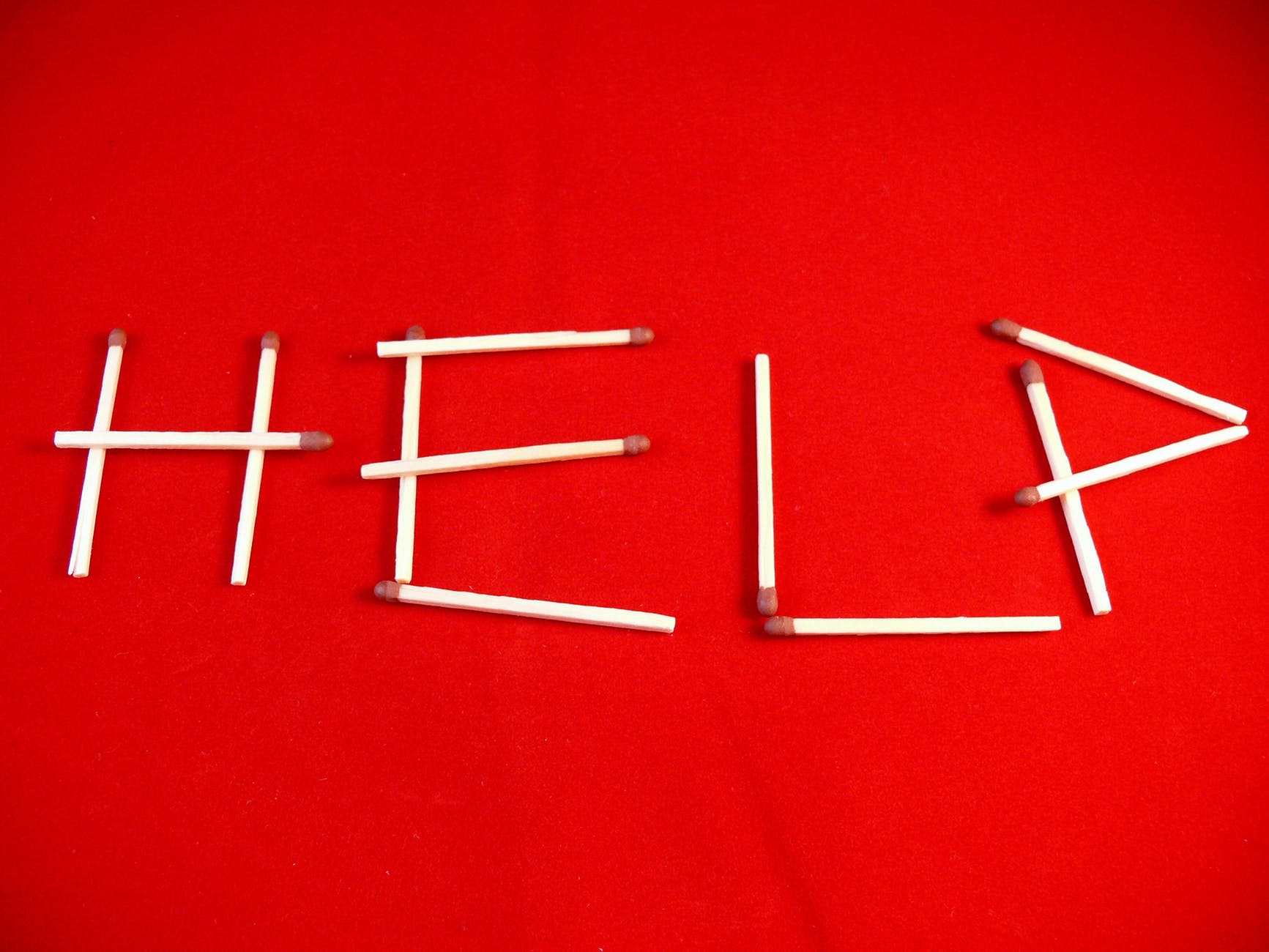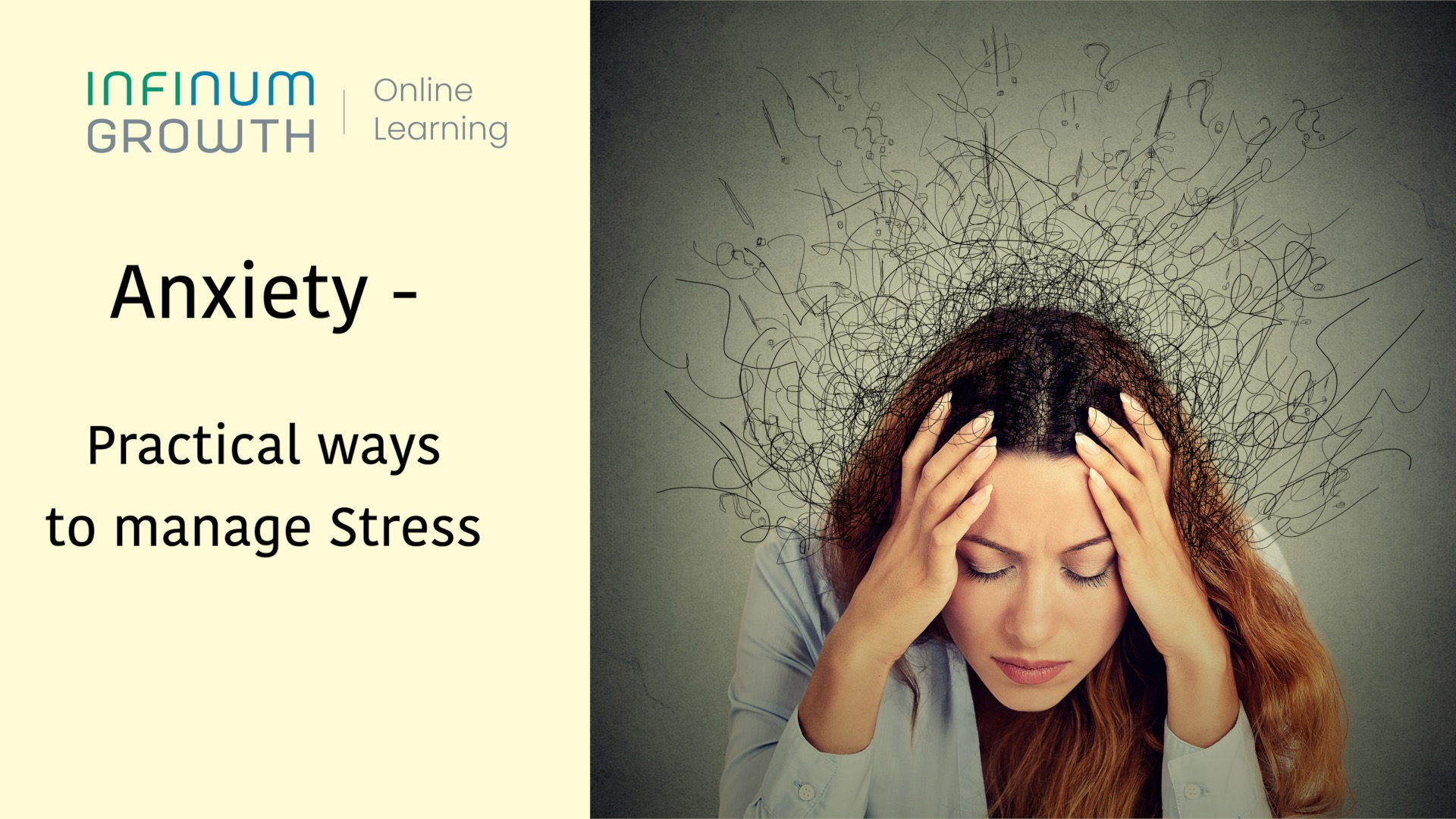So often, we hold ourselves back from taking a new step.
Whether it is a change of direction in education or in changing jobs; or, giving up a job to become an entrepreneur. Whether it is about getting married and having children; or, walking out of a marriage. Or something simpler, like accepting an invitation to talk at a public forum, write a column or an article to be published or even investing in mutual funds.
Another situation could be decisions at the workplace – some managers are bold enough to take strong decisions and go claim credit for doing so, while others hold themselves back, procrastinate and lose out on the opportunity to win some acclaim.
Every time we hold back, we have probably responded to a fear lurking inside us; and every time we push ourselves to take the new step, despite the fear, we feel a sense of liberation!
Origin of Emotions
A new born child, probably comes into this world absolutely free of any emotions. The child soon picks up the ability to sense comfort and discomfort and express these by smiling, making joyous sounds or crying.
Soon the parents and the community take over, teaching the child the experience of the four emotions of Joy, Sadness, Anger and Fear. Each of these emotions are required for the all round development of the individual and the over all personality gets defined by the extent to which one indulges in each of these.
Fear – important for safety and protection
Fear has a purpose – of safety and protection of the individual and therefore is a very important emotion.However, fear can be real or imaginary. Imaginary fears can really destroy the pleasures of life. Starting at a simple physical level of the fear of getting hurt bodily, fear can slowly permeate every part of one’s life. Needless worries and anxiety then become a part of our lives and can play havoc.
The hierarchy of Fear
Maslow’s theory of human needs is well known. He showed us a pyramid or hierarchy of 5 types of human needs, classified from bottom to top as follows
- Physiological needs
- Safety needs
- Need for Belonging
- Need for Status/Ego
- Need for Self Actualisation
Fear, works like a virus, which can interfere at each of these levels and holds us back from being effective in making the effort to meet our above needs and enjoying the result.
We can therefore see a hierarchy of fears, parallel to that of needs. These are
- Fear of deprivation– not being able to maintain the basic standard of living
- Fear of Physical injury or death
- Fear of Rejection – missing out on “being there”, losing relationships with family, friends or communities
- Fear of Loss of Status – loss of wealth and social standing
- Fear of failure – inability to achieve the desired outcome or doing what one really wants to do
We pick up our fears, right from childhood, as we experience different stages in life. The conditioning of the mind during childhood, probably has the most lasting impact. So, what we are told as kids- when pushed for performance at school, repeatedly told to be careful about everything or scolded for some actions by parents, punished in class by teachers, bullied by fellow students, physically or verbally abused by other trusted people – all these leave permanent scars on the mind and translate into fears of various kinds that stay on with us.
The impact of Fear
The impact can be seen in our own lives and in people all around us. A major part of our lives are spent, first as students and then as working professionals. Our level of success in every endeavour is definitely influenced by one or the other fears we hold within us.
While caution, the logical, natural fear of making a mistake, enables us to think through and weigh out options before taking a decision, illogical or imaginary fears create a closed mind and inability or refusal to weigh out options.
The way forward
The earlier in life this is addressed, the better it is, since the longer a person stays with these fears the deeper they are entrenched, making it difficult to really enjoy every moment and every aspect of this wonderful gift called life.
The way forward is to
- First, take a pause, look back at major turning points in life, to figure out which fear has had its effect so far. Accepting the truth that such fears exist is the first step to overcome them.
- Next, confronting ourselves, telling ourselves that we need to overcome this fear, is probably one logical way to go forward. While doing so, it may be good to take some baby steps, by taking some small, unusual decisions after due deliberations, just to test the outcome of the new style.
- Meeting a Psychotherapist could help in digging into the past to find the origins of the fears experienced and working to bring about change.
- Attending training programs which focus on behavioural aspects help in doing adequate introspection and building self confidence.
Either way, free yourself to explore the opportunities waiting for you in this big world. Get rid of illogical fears and get out of the closet!
Check out this page on Counselling & Psychotherapy, to understand how this service can help.
Also read our article
Please do leave your comments at the bottom and do share with others if you like this article.


















